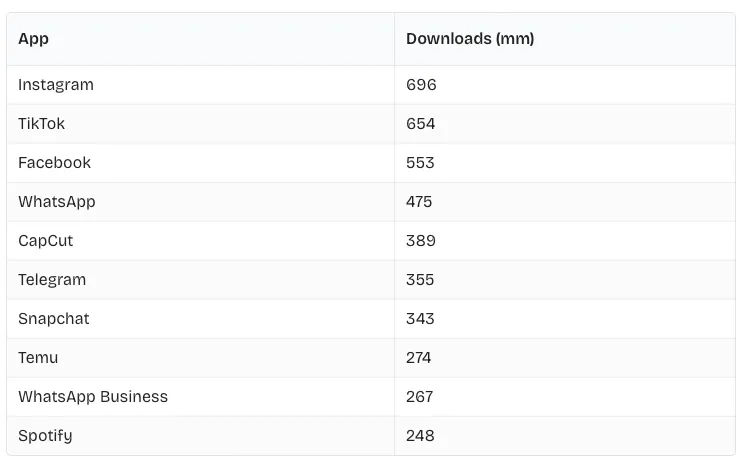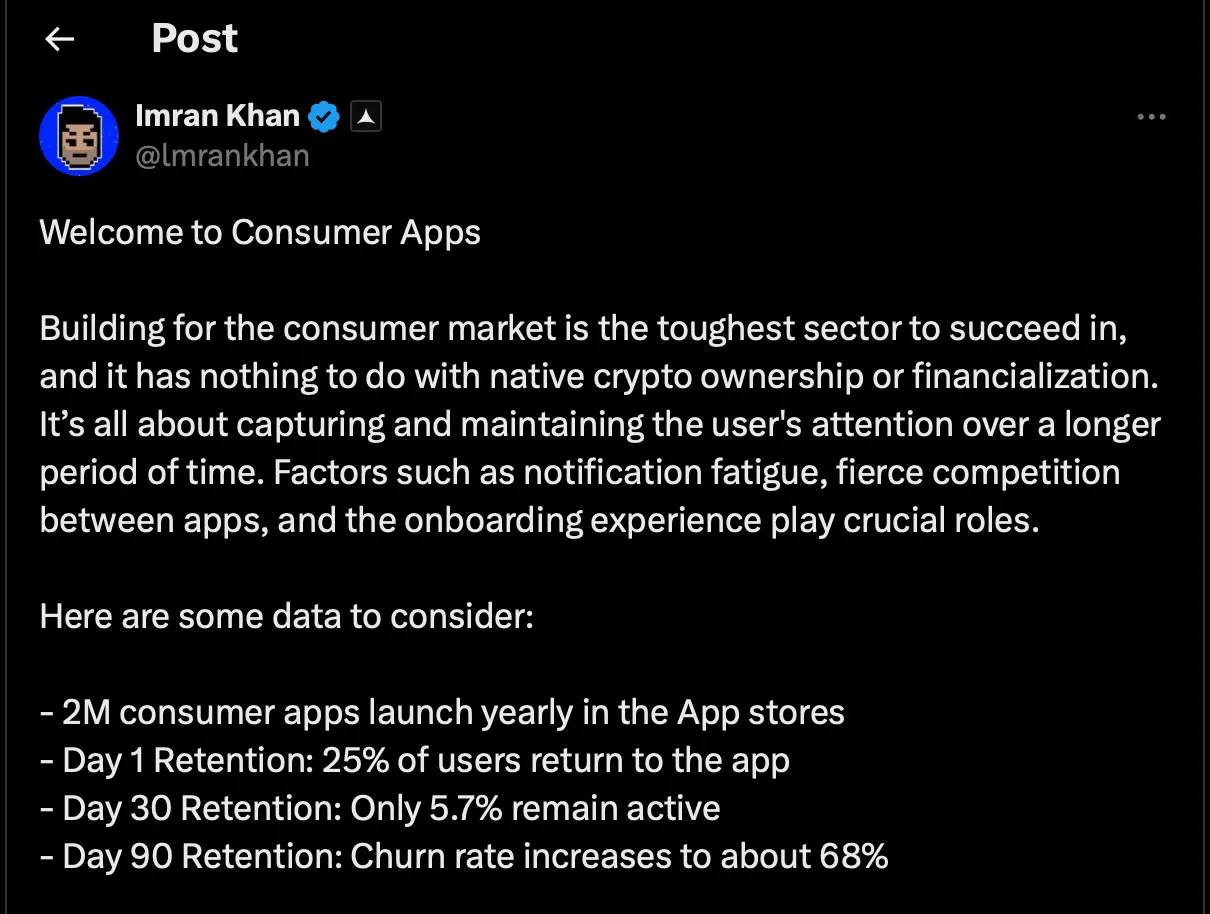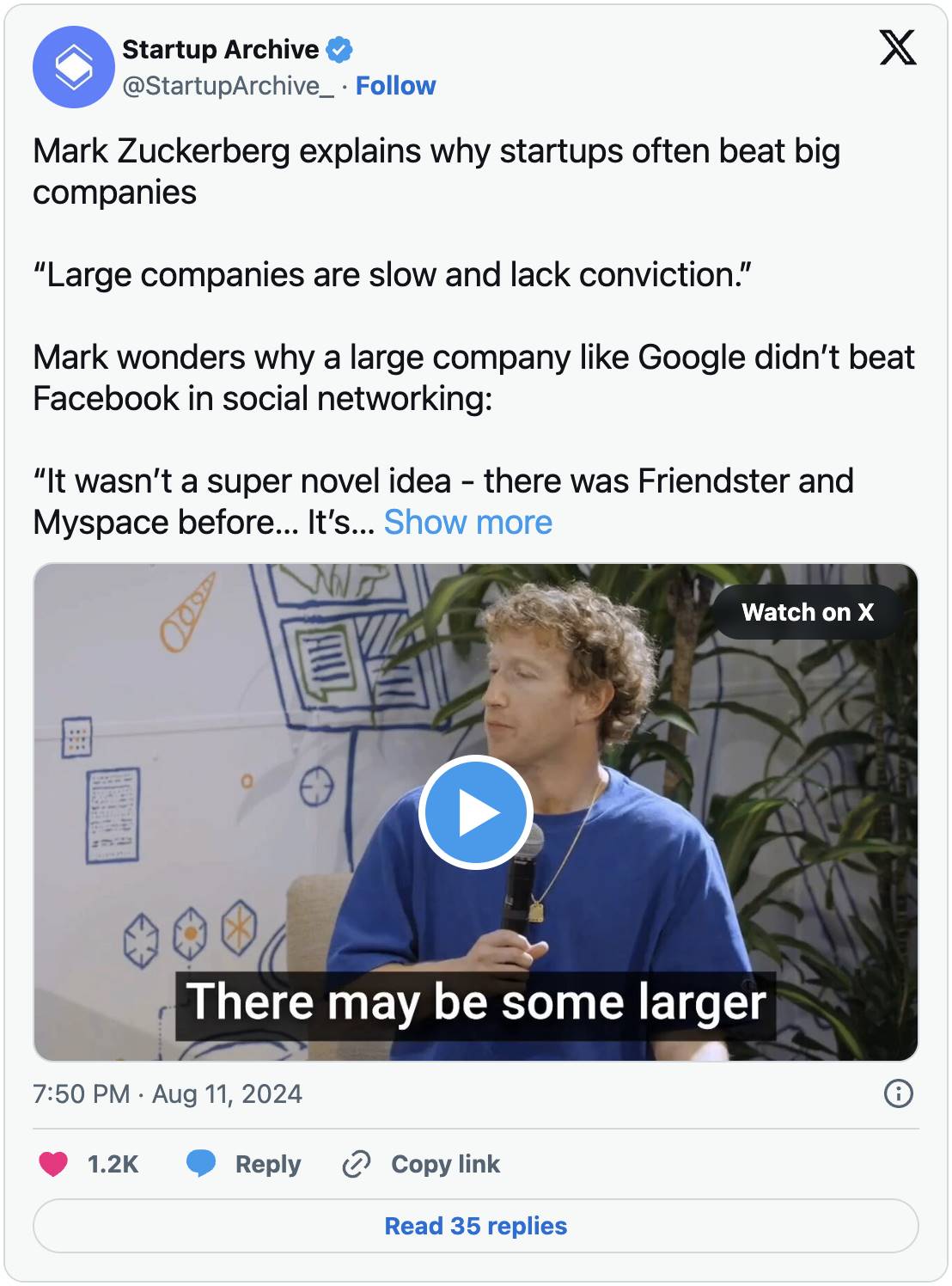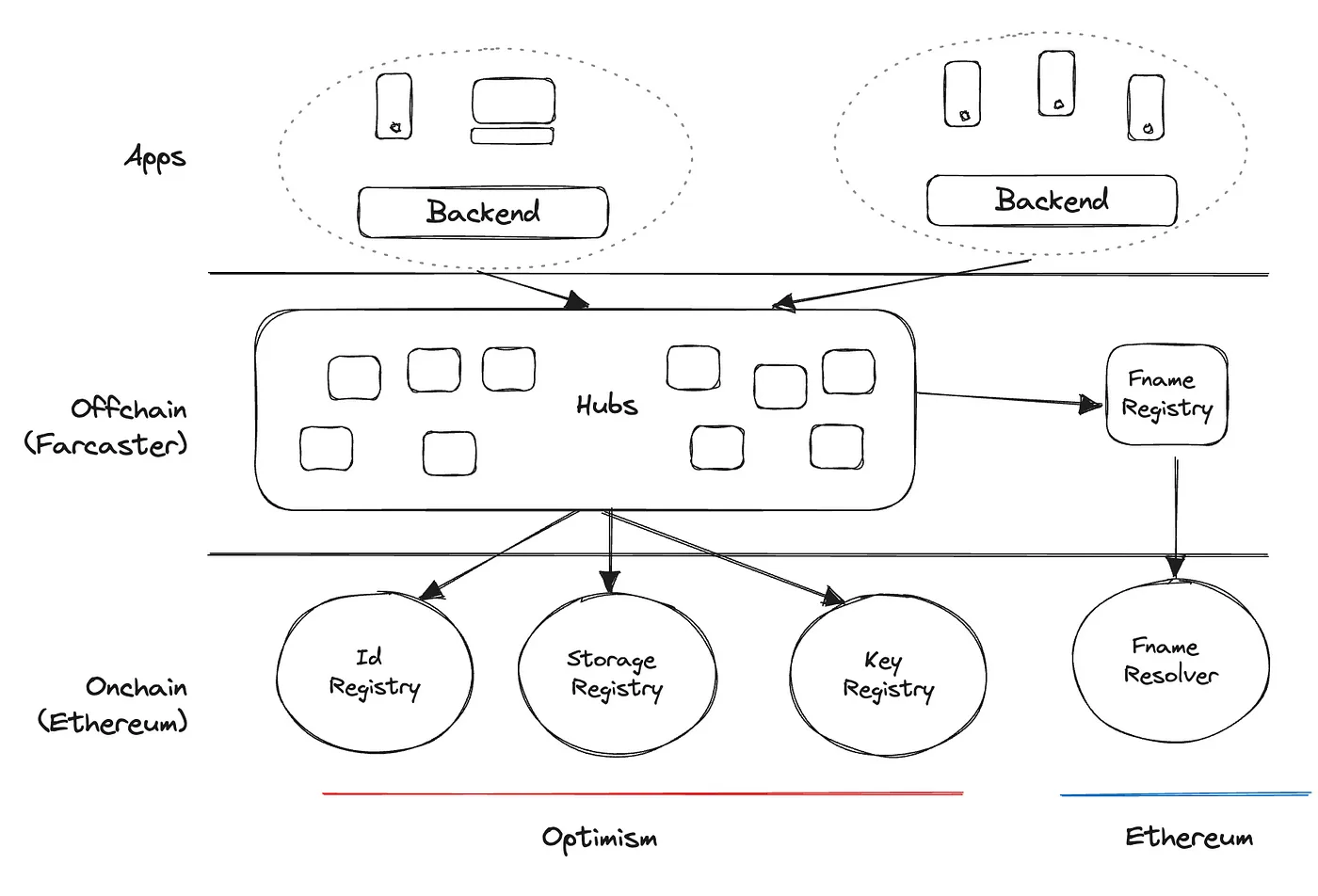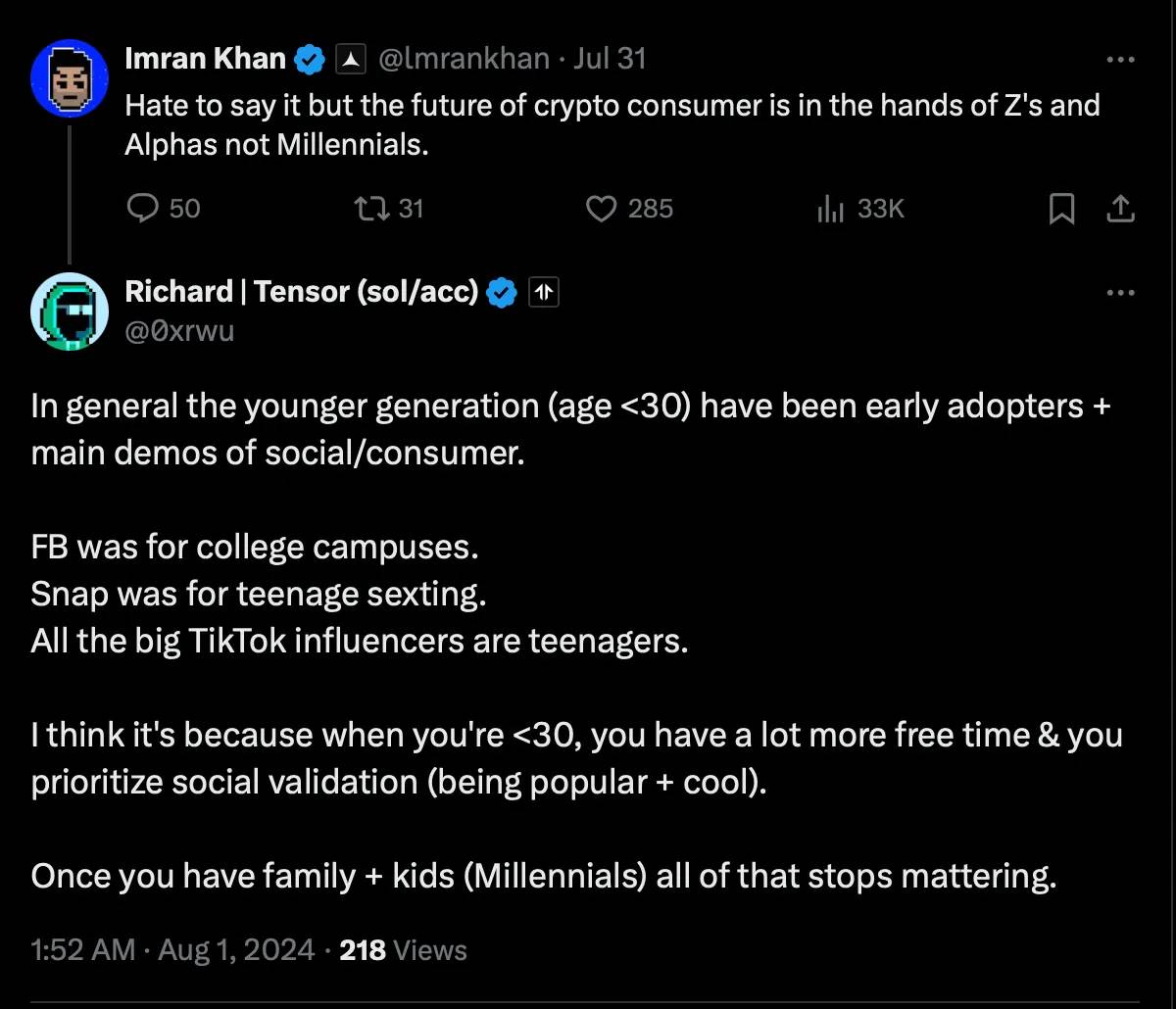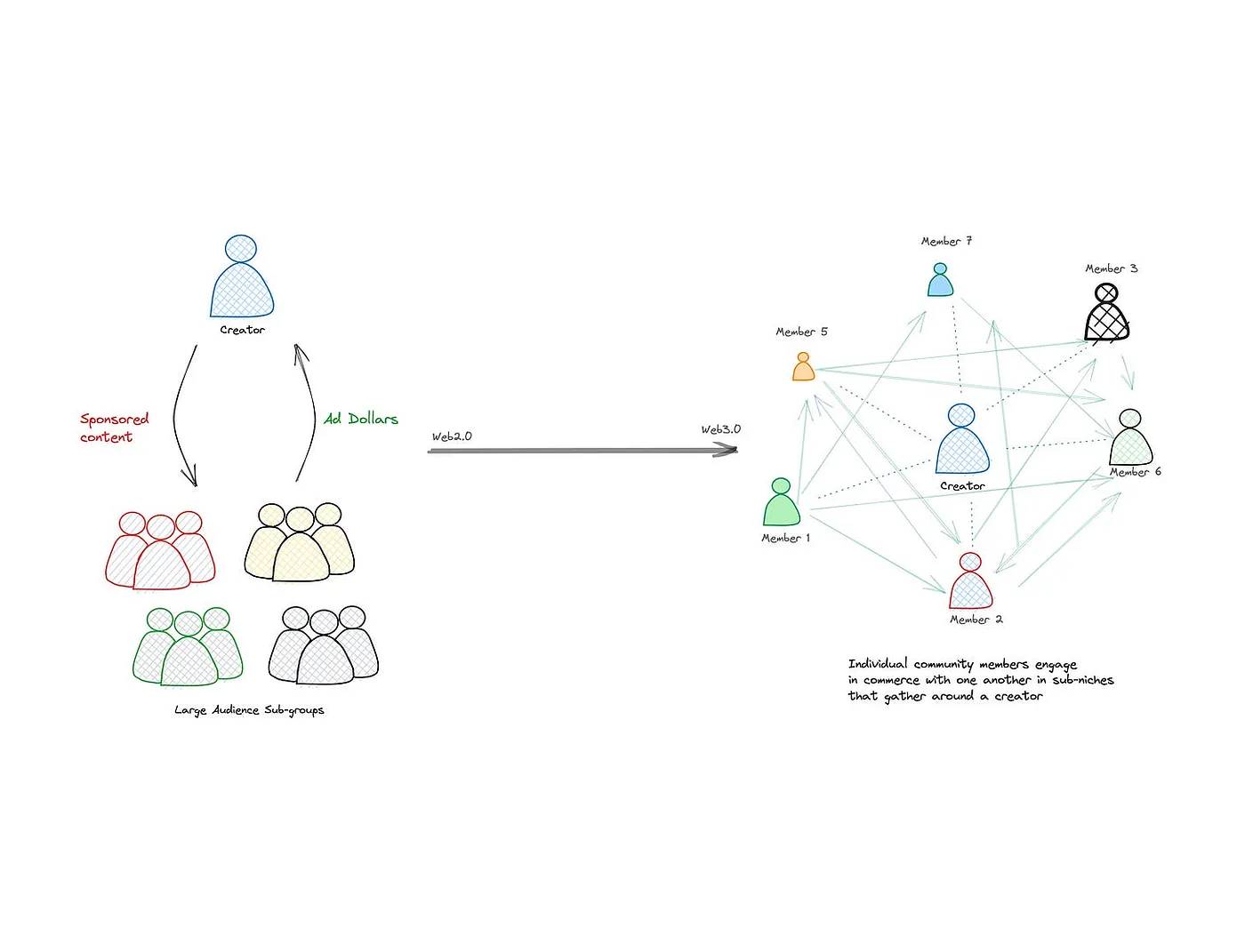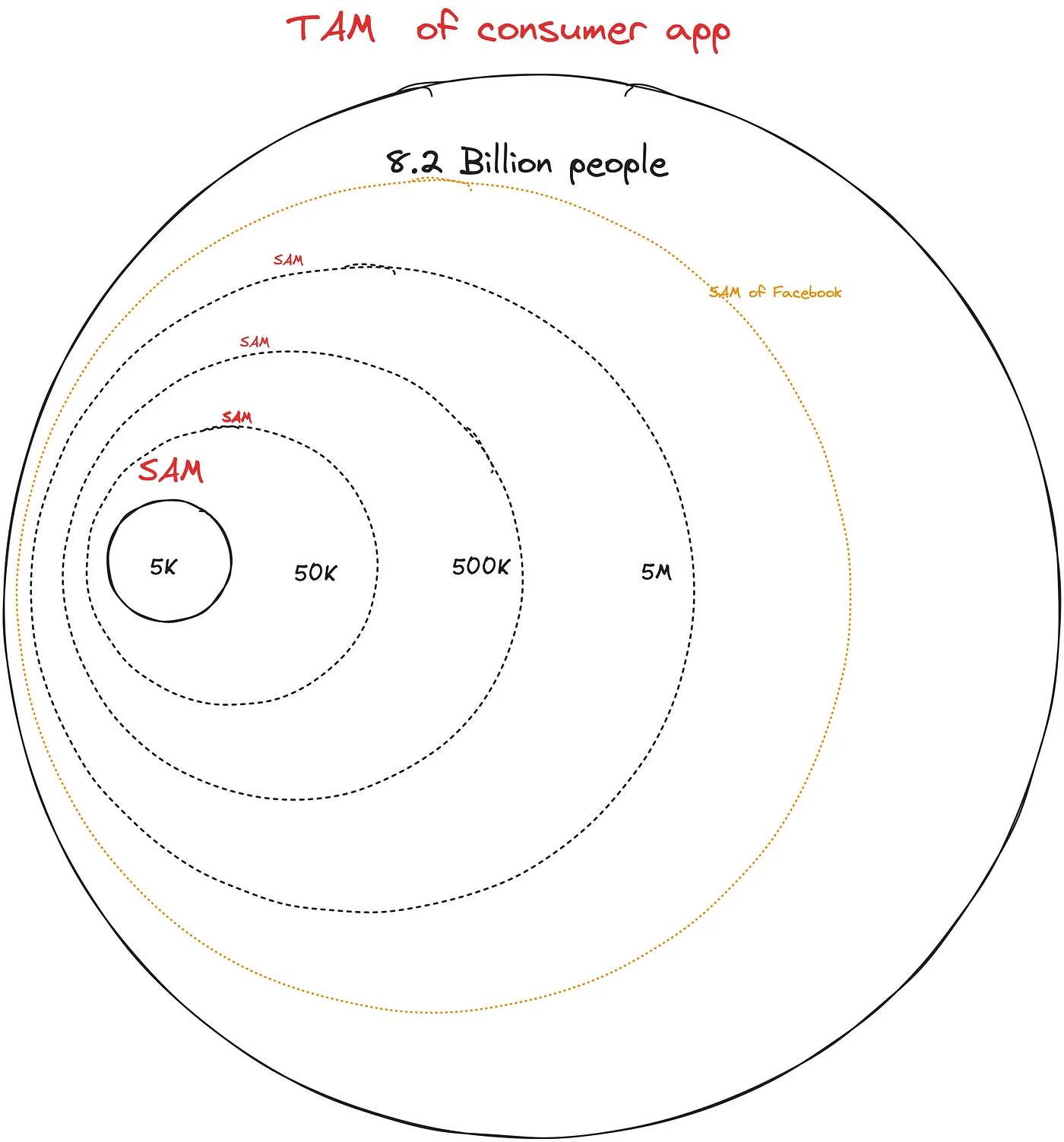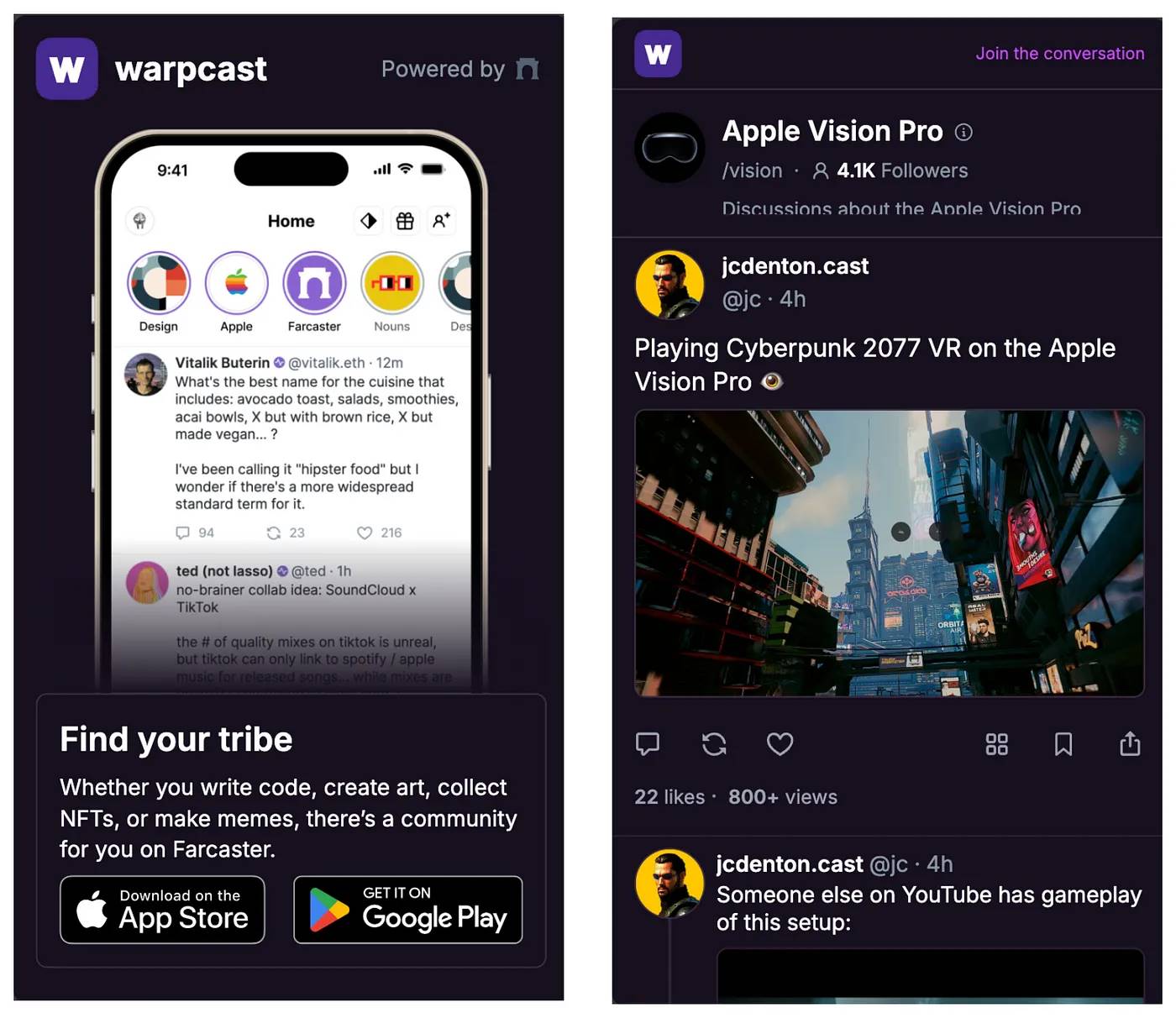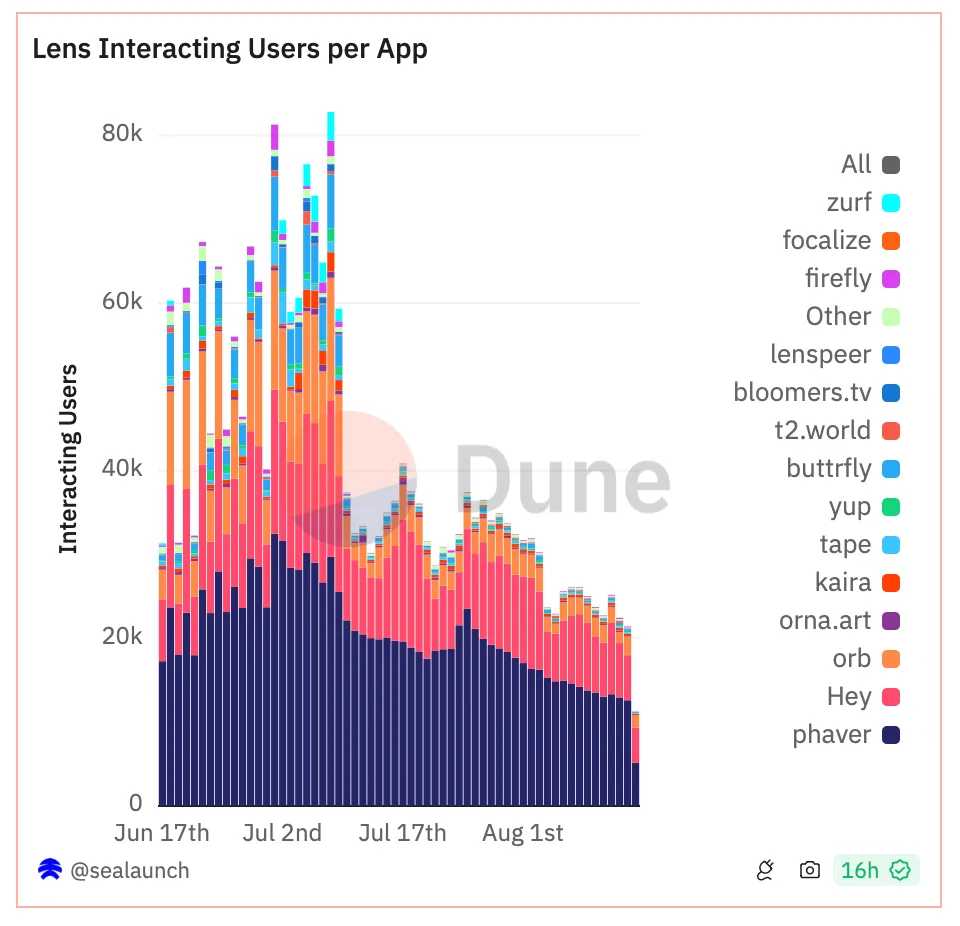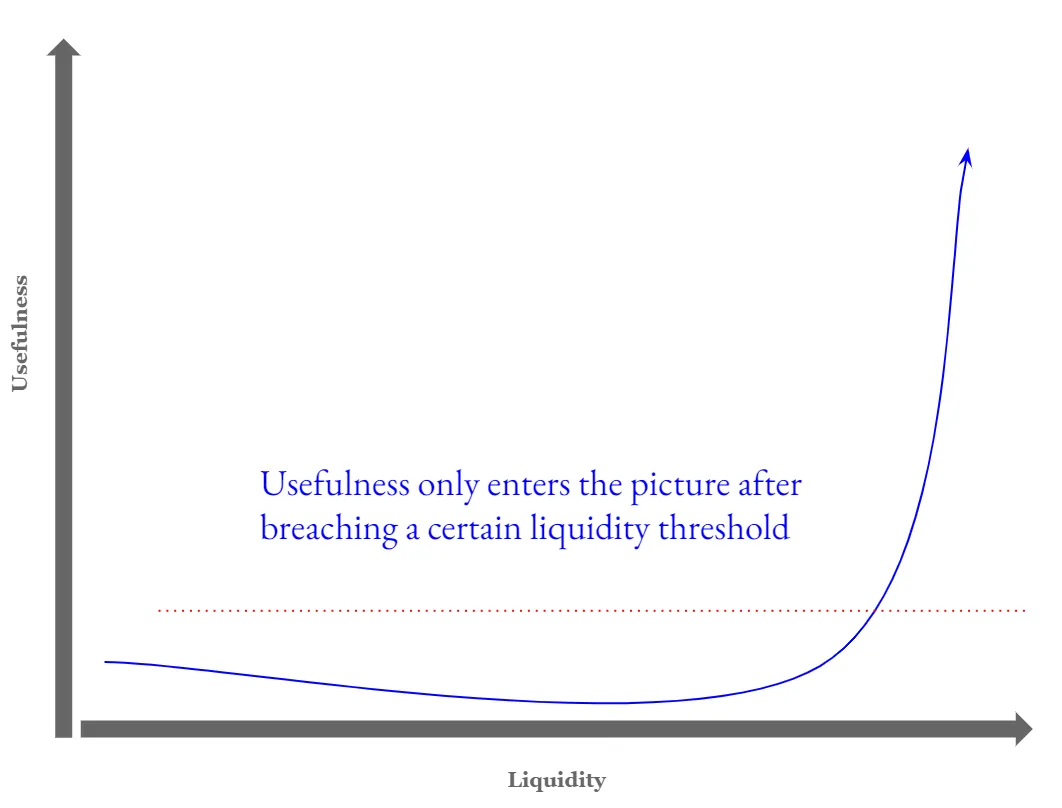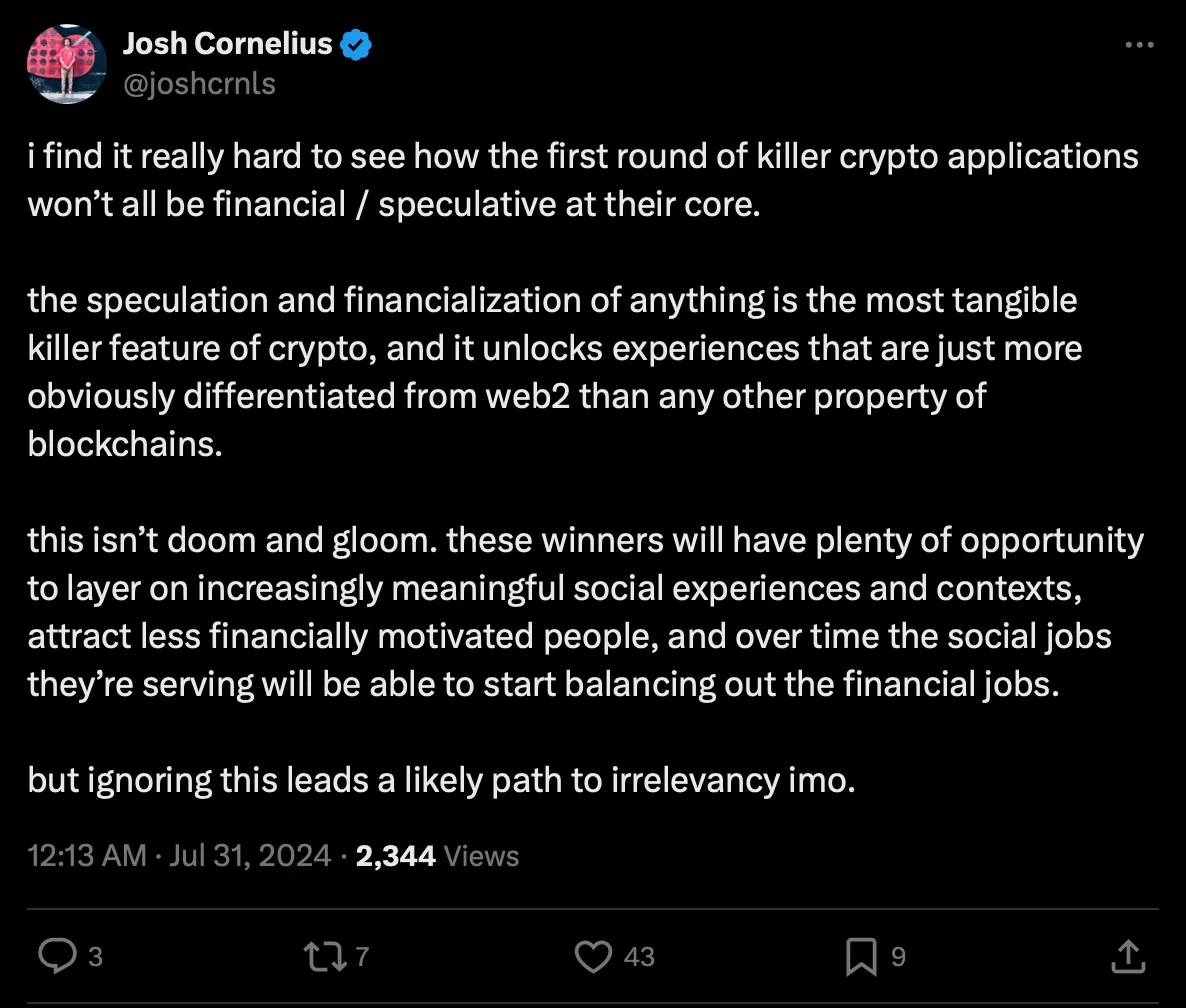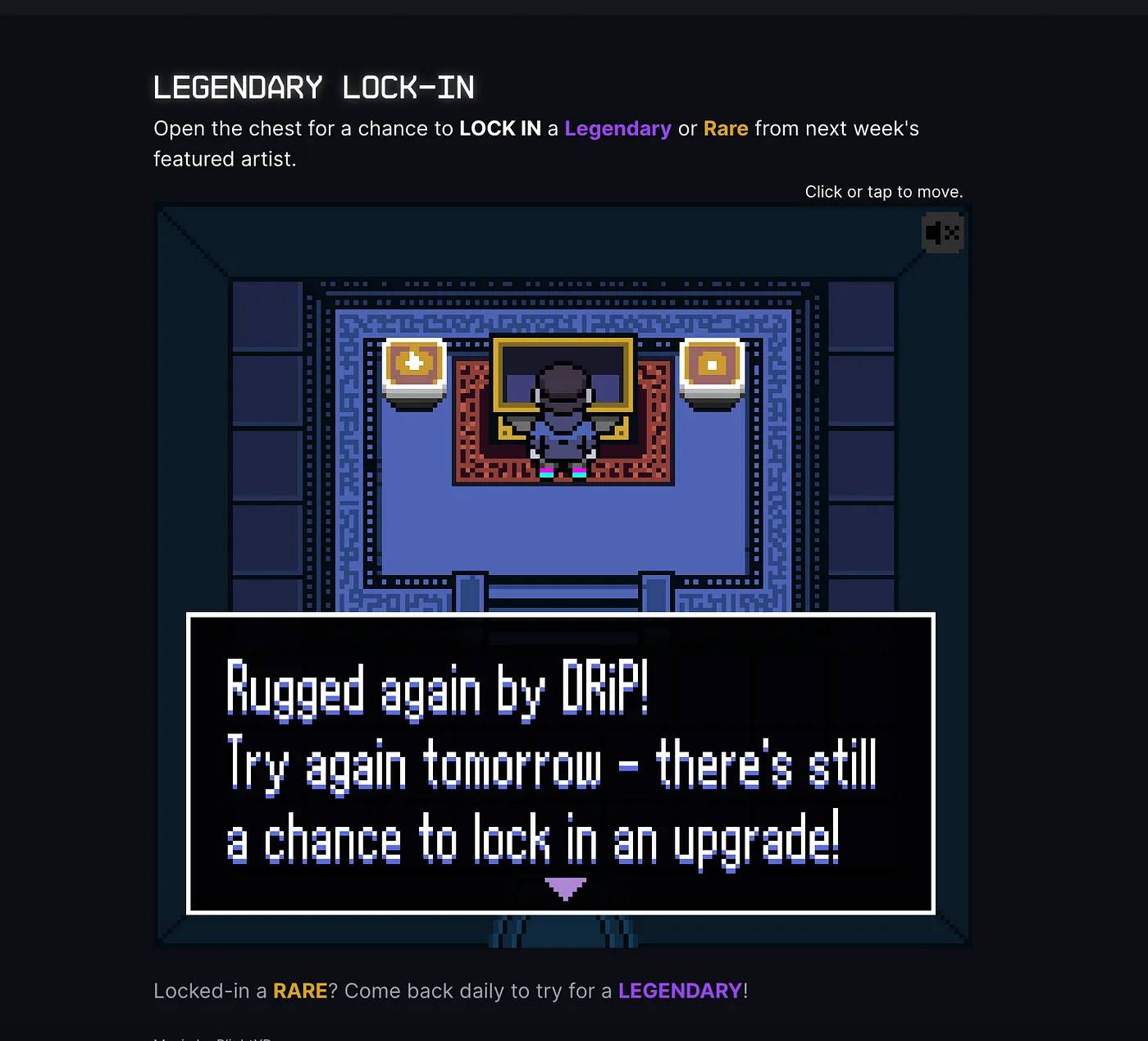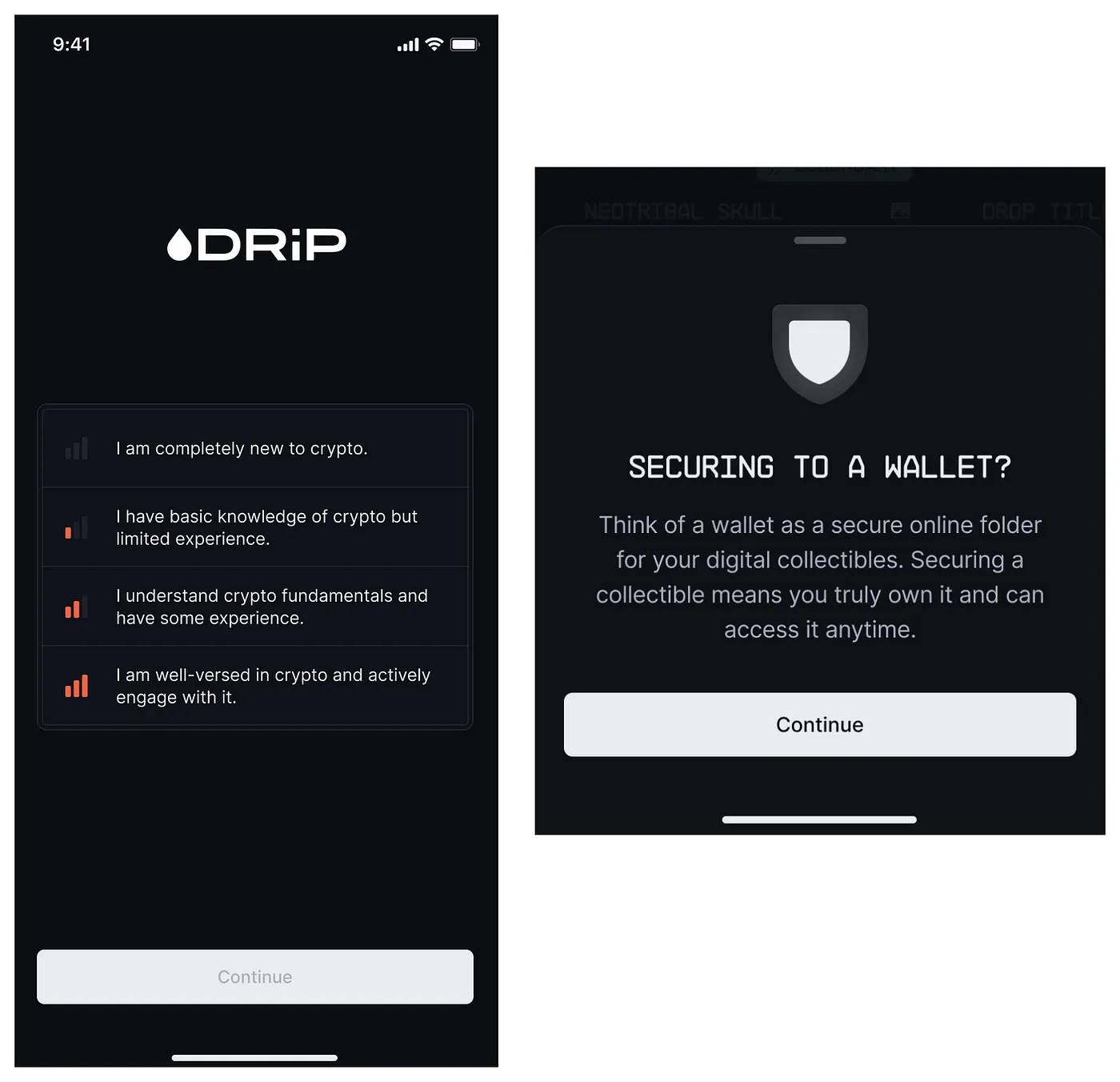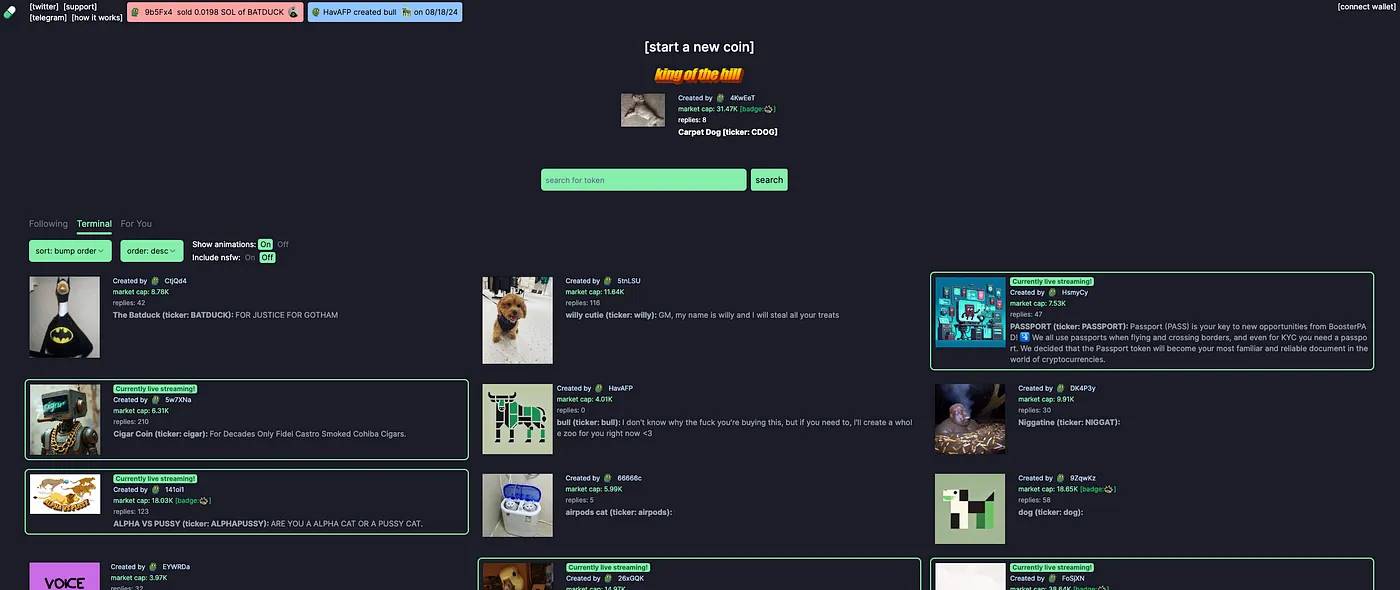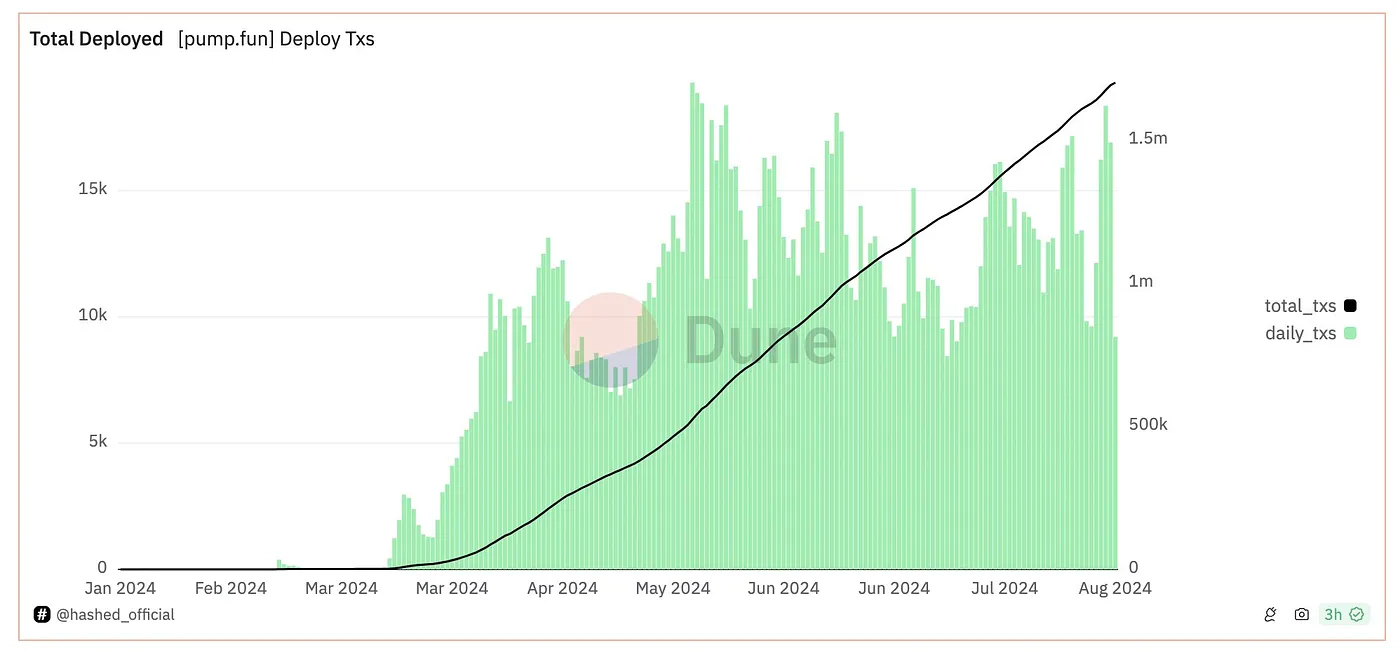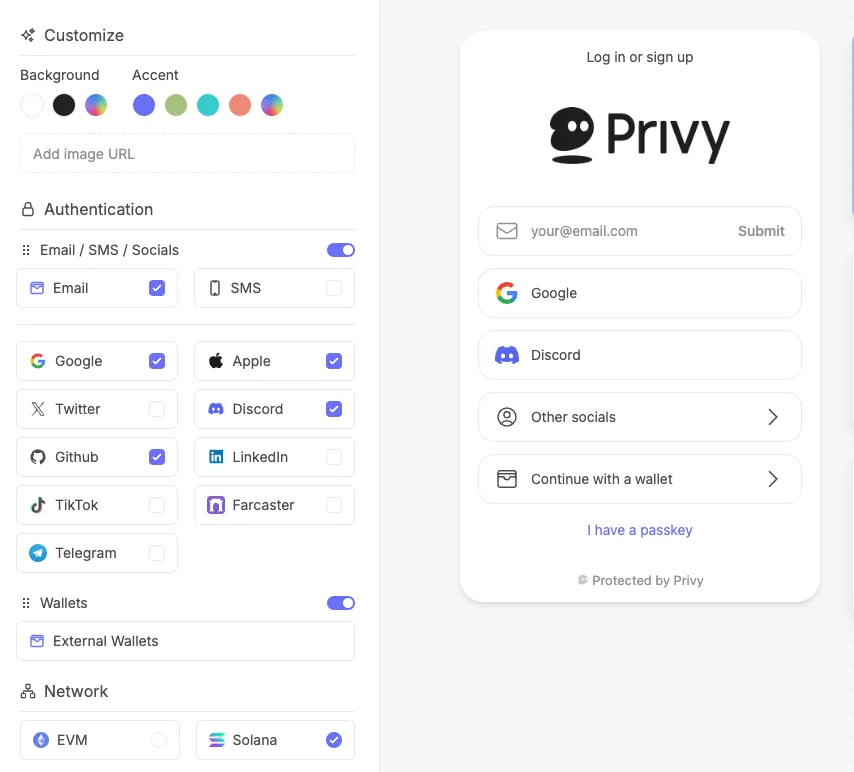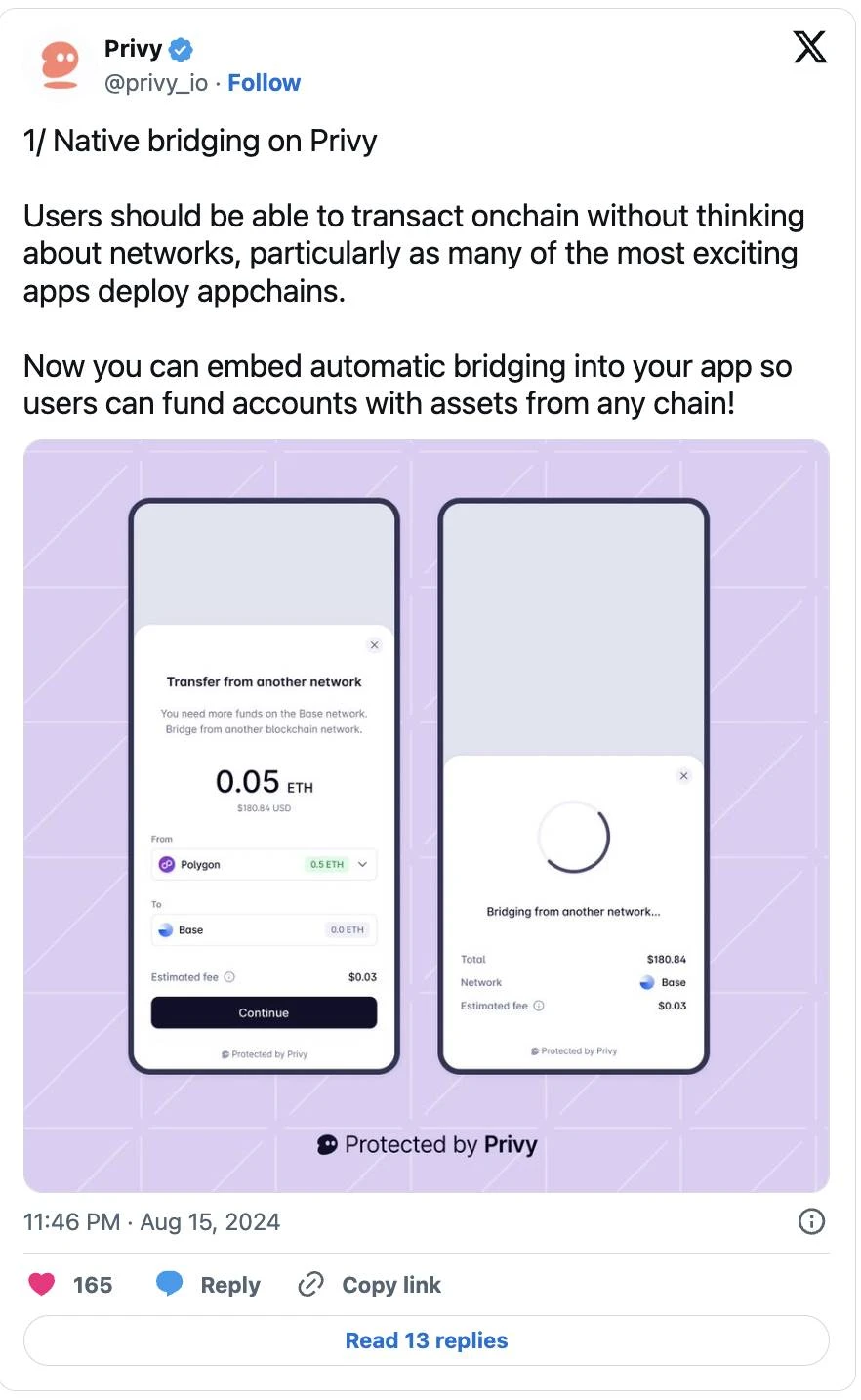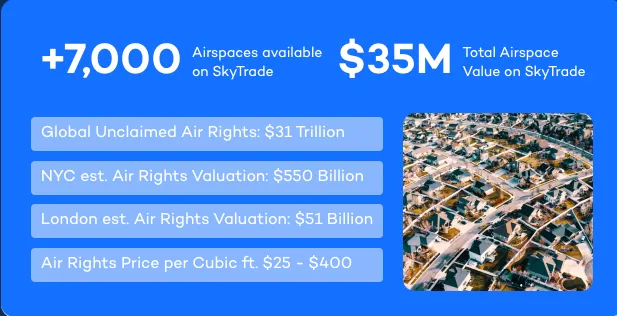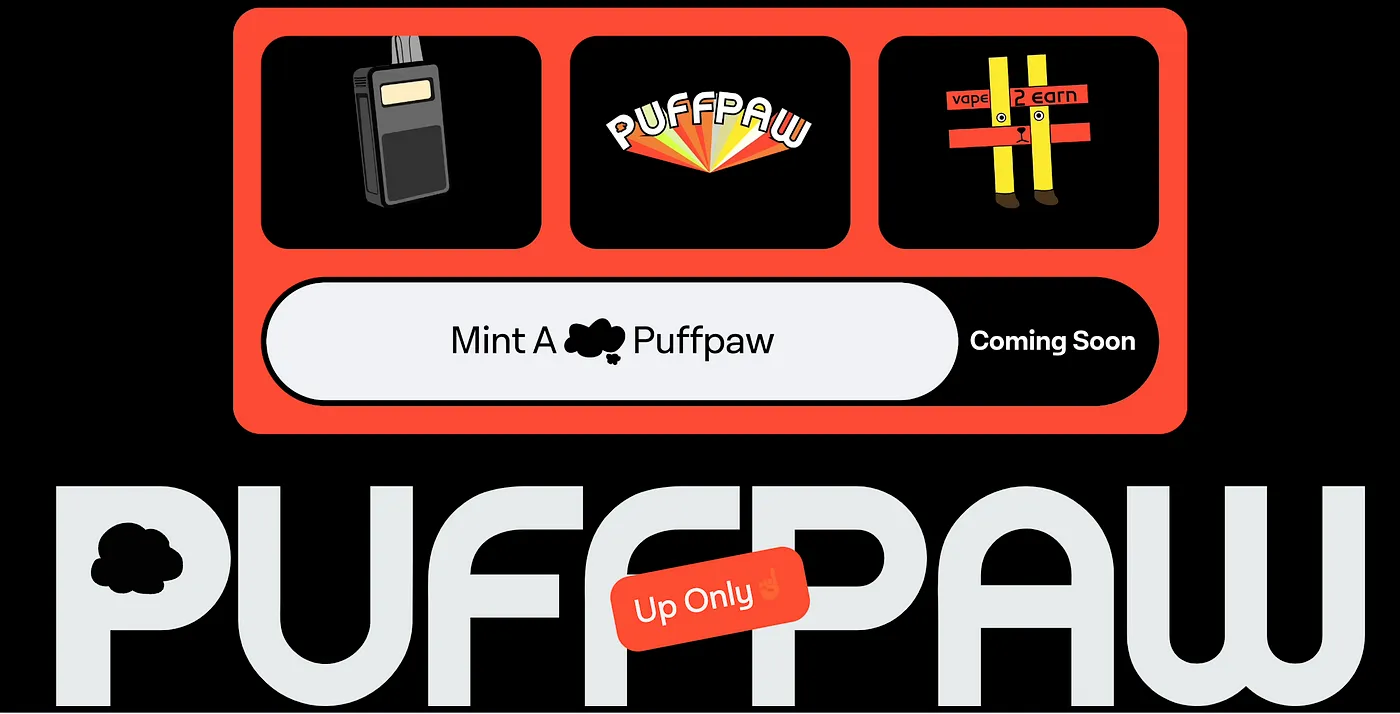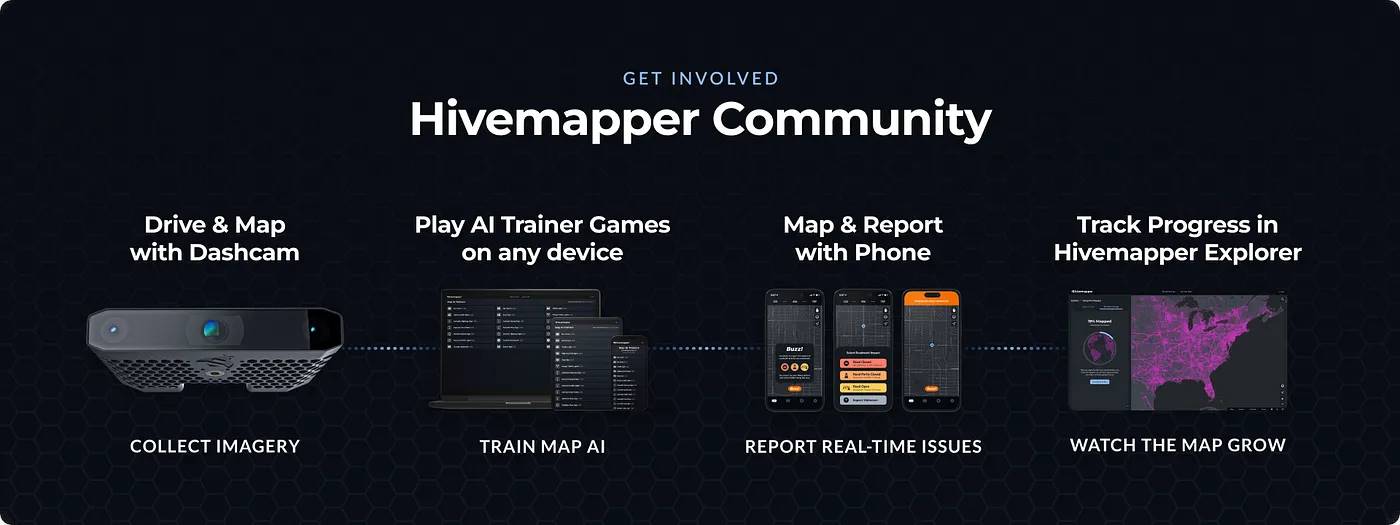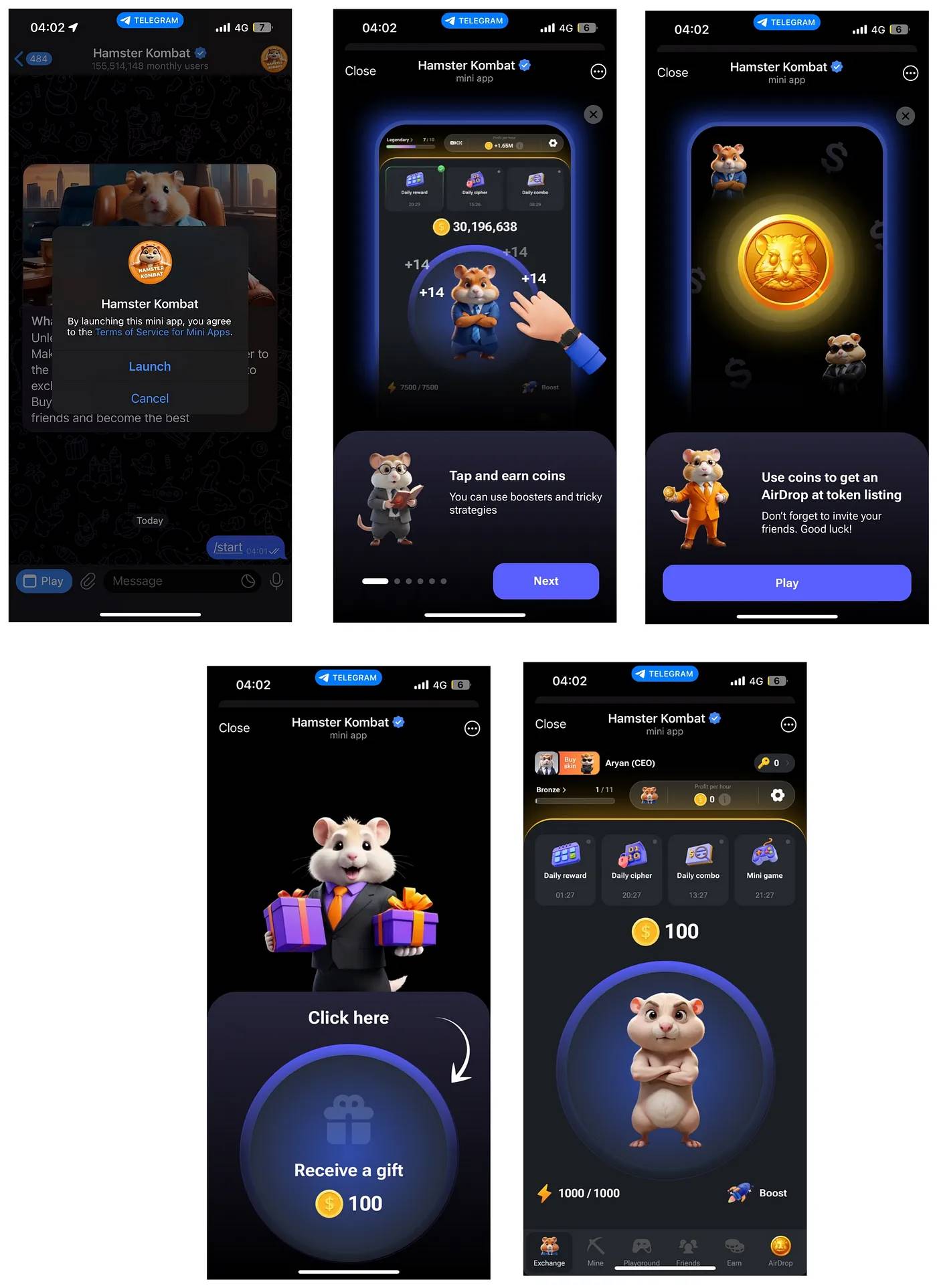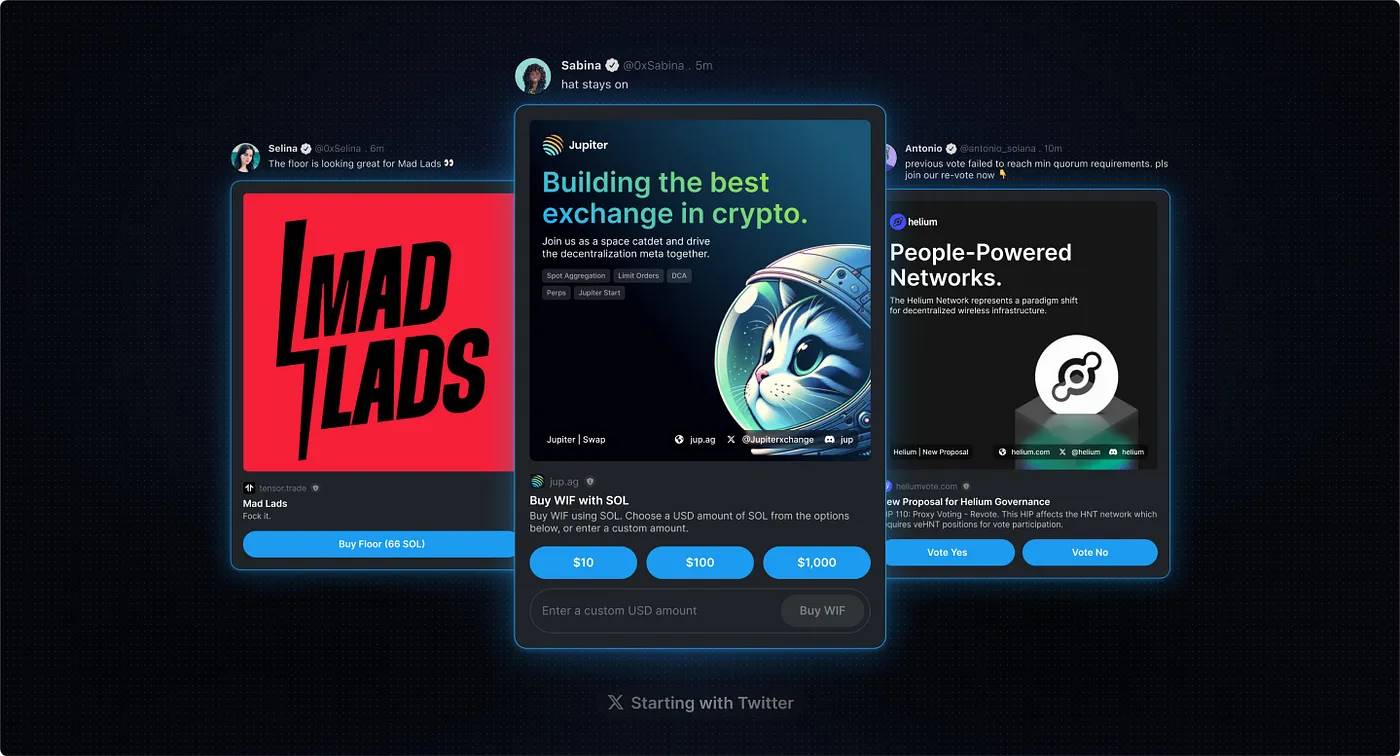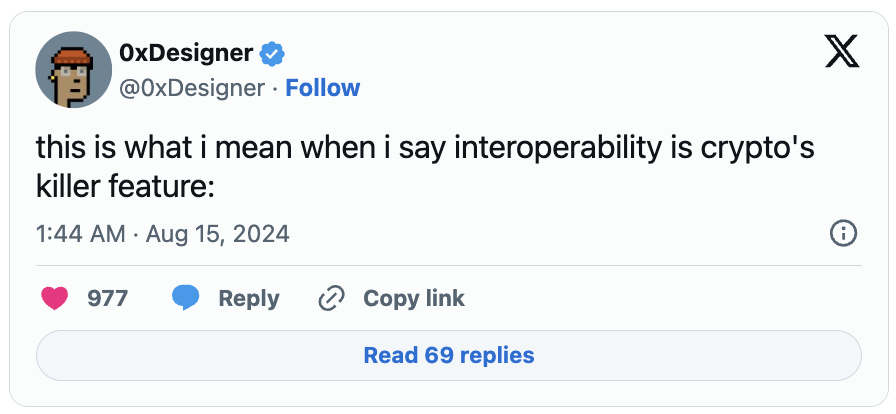Đi sâu vào các ứng dụng tiền điện tử dành cho người tiêu dùng: Nhắm mục tiêu đối tượng và phù hợp với thị trường
Bài viết gốc của Aryan Agarwal
Bản dịch gốc: TechFlow
How to define a consumer application?
Before diving into any topic, I want to clarify my understanding of consumer applications, which will set the context for the following sections.
A consumer is anyone who uses your platform every day, or the platform is like a habit for the user. For example, the user should open your app when they wake up in the morning, just like they open X (formerly Twitter) or read the newspaper, or the app should become a part of the users life. If you have 100 such users, then you have a consumer app.
Some examples of non-crypto apps can be cited from the app store rankings.
Some examples of crypto apps include dripdothaus, warpcaster, hey, pumpdotfun, frienddottech, puffpaw, and skytrade, all of which are apps that I am personally very interested in.
The x and dialect teams deserve special mention because with the advent of Blinks, x has become a crypto-driven application.
Why focus on consumers?
Imran from AllianceDAO said: We are all tired of infrastructure, open CT and see a few crypto infrastructure startups raising funds. We need more consumer applications, more and more. The entire crypto community only knows a few consumer crypto applications.
If you want to get more people into crypto, consumers are key.
“Consumers are hard in crypto,” “There aren’t enough users,” “The infrastructure isn’t mature yet,” “The user experience sucks,” and there are many reasons not to build, but consumers are the hardest to crack, crypto or non-crypto.
According to Zuckerberg, small startups have a high degree of conviction and can beat any large company.
Do we have the infrastructure?
We’ve been talking about infrastructure for a long time, “Hey, I want to build this app but the infrastructure isn’t there yet”, “Hey, I’ve been waiting for the team to release this feature but they’re delaying”, “Hey, problem #420, why can’t they build this app”.
In 2024, the infrastructure has matured, both on the EVM and SVM. Let’s look at the EVM first.
Giao thức ống kính
Lens Protocol is one of the earlier social protocols that allows developers to build on it. The developer experience is very good and you can launch a web application in less than 30 minutes.
Lens was originally built on the Polygon network and has received a total of $30 million in funding from 10 apps built on it . (There are currently over 100 apps built on Lens)
Lens moved from Polygon to zksync in May this year in search of a more scalable solution.
Farcaster
Farcaster was originally launched on Ethereum, but later moved the main contracts to Optimism, and it has an interesting structure where user identities and rent for paying to store data are stored on-chain, while data is stored off-chain in called hubs, which are nodes/validators of Farcaster data.
Farcaster Architecture
Above is an architectural overview from the Farcaster documentation , describing the overall flow of the application. Farcasters developer experience is also quite good, and using services like neynar , you can easily start an application in less than 30 minutes.
The Current State of SVM
Solana, Solana, Solana. There is no social protocol like this built on Solana yet. The reason is unclear, teams like Gum Protocol and Solarplex (based on at-proto) tried to build it before, but had to shut down. While there are applications like drip.haus, helium, hivemapper, etc., there is no protocol.
With the recent release of generalized zkCompression, the SVM API, and the arrival of Firedancer, now seems like the perfect time to develop consumer protocols on Solana.
General purpose zkCompression can store any data at extremely low cost.
The SVM API can be used to create a layer on top of Solana that gives protocol builders more flexibility to include custom use cases and make it cheaper, such as this example: Joe from Anza Labs created a state channel where people can transact off-chain and then submit the results on-chain.
Firedancer will make Solana more powerful and improve the overall performance of the blockchain.
Considering the above points, now is a great opportunity to create consumer apps.
What do you need to consider before and during building a consumer app?
Imran Khan: I hate to say it, but the future of crypto consumption lies in the hands of Generation Z and Generation Alpha, not Millennials.
Richard | Tensor (sol/acc) : In general, the younger generation (age
I think this is mostly because when you are
Audience
The first thing is to define your audience, which is very important. You cant build an app that everyone likes, but you can build an app that 100 users like and expand from there.
Choosing these 100 users is the most critical because this will define your target market. These users should be closely related to you. For example, Facebook’s audience is college students. Puffpaw is an application built on Berachain that aims to motivate people to quit smoking. The founding team has more than ten years of experience in the e-cigarette and pharmaceutical industries, which gives them an advantage over the competition.
Mobile first
On mobile, it is extremely important to develop with mobile first in mind, but if this will significantly extend your time to market, then you can focus on building a PWA or web app. However, mobile must always be in the product roadmap.
Facebook device sharing
Im going to mention Facebook a lot because no one can deny that its the top consumer app of all time, so they must be doing something right that no one else is.
Use off-chain technology when possible, and on-chain when necessary. This is another point that can be verified by Farcaster, where part of the protocol is on-chain, while other parts are off-chain, such as user messaging. This approach significantly reduces fees, provides a better user experience, and provides more control over the platform.
Personalization and for-you recommendations pages are the most overlooked aspects of many crypto consumer apps, and any app can leverage the crypto Open Graph to create a better recommendations page than any non-crypto app.
Encryption Model — 1
Who to market to?
We’ve already discussed choosing your audience, but this describes this in more detail, given its importance.
Take Facebook for example, Facebook started as a college campus social networking site, if they had thought about reaching the whole world from day 0, imagine that Facebooks slogan on day 0 was Revolutionizing the way the world communicates, then I dont think they would be where they are today. Defining the Service Addressable Market (SAM) and keeping it specific is very important in any application.
You don’t build to attract the next 100 million users, you build to attract the next 100 users. The 100 million users will come.
SAM over time
The above graphic depicts how the SAM for consumer applications can/should change over time. So overall, you should only market to people outside of crypto if you cover the SAM in crypto first.
There is a discussion thread from Dan (Farcaster) where similar ideas are discussed, which clearly illustrates how Dan sees the platform.
Dan Romero: Identity relies on utility. You need to generate significant consumer value through entertaining and interesting content to earn the right to an identity. This is why email, phone numbers, and services like Apple and Google are login options for mass-market consumer apps.
The above discussion also tells us that one of the main goals of any consumer app should be to become an identity.
Viewpoint
There are multiple ways to approach this challenge, and we’ll review each solution that has been tried in the past and analyze the successes and failures.
Is the protocol the only solution? Farcaster and Lens
Both Farcaster and Lens chose the protocol model, where they first built a protocol and then developed applications on top of it.
Farcaster has chosen a product-led growth (PLG) strategy . Essentially, Warpcast is a top-level client on Farcaster, also managed and owned by the Farcaster team. In this way, they can control multiple key factors at the application layer and provide a good user experience. If they launch a new feature, it becomes easy to demonstrate the possibility of the feature on their own client.
The login process of the application is also quite friendly to ordinary users.
Warpcast Login Process
This is a completely Web2 experience, users don’t even need to connect a wallet, and can pay on-chain fees through Apple Pay, which makes Warpcast an excellent consumer application in terms of user experience.
One thing Im not happy with about Warpcast (and this may be intentional to force users to log in) is that users cant browse the app without logging in. This restriction is similar to X, where users can view posts via the post link but cant access them in the app.
Left: Home page. Right: Cast Link
There is also some discussion about market share, apps like Supercast are a great client, but due to the impact of Warpcast, people generally think that Supercast is only used when Warpcast fails. There are many mini apps on Farcaster, but Warpcast is the most widely used.
Lens has chosen a different approach, inviting founders to build apps on it, and the ecosystem will bring in users. It has a large user base that apps can leverage to kick-start growth.
This approach gives more power to the clients, and while hey is the main client and is completely open source, other clients serve different purposes, and many have their own use cases and are used. Orb is a heavily used mobile client. Due to this approach, the application was able to raise about $30 million in funding for them, and to date, no application has been built on the Farcaster protocol.
Share of apps built on Lens
TRONG Poster (Lenspost at the time), we were also early to participate in the protocol and experience the community. The quality of users was very high and they showed real interest in the protocol. The Lens team itself also provided support for every application built on it, which helped us lay the initial foundation for our application.
Nguồn: cồn cát1TP5 Te8
Farcaster saw significant growth in DAU after launching the framework in January this year, with users using Farcaster to stake tokens, starting with degen, and then multiple users using the same gameplay, Farcasters activity reached an all-time high. I used to like Farcaster very much because of its high-quality daily active users (qDAUs), but when the airdrop appeared, this number dropped, but its better than before. (It sounds a bit selfish, haha, Im still using Farcaster, its just a little crowded)
Nguồn: cồn cát1TP5 Te8
Lens usage also reached an all-time high last year, with rumors of airdrops and early invitation-only features giving people in the network a status symbol, with people willing to buy usernames on the secondary market for $300-400.
This makes people think: Is speculation the only way? Friend.tech / Fantasy.top
Substack article from Mhonkasalo
The above is from a decentralization blog . Every application needs a certain amount of liquidity to gain attention. Every application needs to find the key factor that can help them break through the bottleneck. In the case of Farcaster, the framework was the breakthrough driver; in the case of Lens, early invitation-based users created heat and triggered rumors about airdrops.
Now, here comes the problem. There was a tweet that said something like this – people get reward points through airlines, but even without points, people still choose to fly.
No user should be able to use your app without points or tokens, which should be added value.
Josh Cornelius: I find it hard to imagine that the first wave of killer crypto apps won’t all be financial or speculative at their core. Speculation and financialization of anything is crypto’s most significant killer feature, unlocking experiences that are clearly different from Web2, experiences that are more unique. This is not pessimism. These winners will have many opportunities to incrementally add more meaningful social experiences and contexts that appeal to those with weaker financial motivations, and over time the social roles they serve will be able to start balancing financial needs. But personally, I think ignoring this is likely to lead to insignificant results.
The above tweet emphasizes the importance of speculation and financialization, but applications should focus on long-term incentives combined with tokens or points.
Friend.tech and Fantasy.top are some of the apps that used speculation to gain attention. For a while, they gained good attention, but eventually lost it. This clearly shows that one of the core issues is the short-term incentive mechanism. The idea behind friend.tech is positive – users can trade peoples time, but people just use it to gain benefits.
The following charts clearly show that the activity of these two apps peaked during a certain period and then dropped to almost zero.
Nguồn: cồn cát1TP5 Te8
Nguồn: cồn cát1TP5 Te8
What about Solana? Drip.haus Và Pumpdotfun
Drip.Haus – No consumer is complete without a drip.haus.
Drip is always rugged.
Drip is an application for creators that allows them to distribute any artwork to a large audience at a negligible cost (drip). Users can also tip creators using something called droplets, which you can think of as platform tokens, although they are not on the chain, and users need to buy them to collect artwork and tip creators, and creators will also receive droplets, which they can redeem for USDC.
For creators, Drip recently launched a studio to make the process of publishing artwork easier.
Nguồn: X
Drip also has a mechanism where users can unlock a treasure chest every day to get rare or legendary art. In-app mini-games such as treasure chests, droplets mechanism and rarity help Drip become one of the top consumer applications on all chains.
Drip is currently developing a mobile app, which is already available on the Saga store and is expected to be released in Solana Breakpoint 2024.
Above is an app screenshot (SS) taken from Vibhu’s tweet to make you think about how to focus on building consumer apps and the details you should pay attention to. The SS on the left shows the user’s options, each with a completely different login flow.
Pumpdotfun — Using memecoins as crypto content
If you have product-market fit (PMF), UI is not the key.
For any global news, thousands of memecoins are created within minutes on Pumpdotfun, and users can trade on these coins until the bonding curve reaches a market cap of 69 K$, after which a Raydium pool is created. These coins represent global events and can also be considered a piece of content.
The ability to create memecoins for free with one click makes this a very powerful platform.
I would like to quote this passage from Manans article :
“A group of real humans and mechanical bots compete to capture trends and events, then tokenize them in the hope of making a leap. Used properly, bơm.fun ’s endpoints go beyond Twitter’s trending hashtags.”
This is also an application that has not seen a decline in users so far, and with the recent announcement of free deployment and a 0.5 SOL reward for creators who complete the bonding curve, this number will only rise further.
Tiplink and Privy — The UX Savior
Tiplink
There are over 20 apps on Solana that can be accessed without a wallet, and you can log in with Google via Tiplink.
Some apps that use Tiplink to log in
If you have ever been involved in the Solana ecosystem, you must have come across Tiplink somewhere. The concept is simple, the link itself is the account.
You can send anyone in the world a link loaded with USDC and they can withdraw it to their bank account.
Any operation that can be completed in the wallet can be achieved with the help of Tiplink. The team behind Tiplink is continuously improving the user experience on Solana.
Privy
Privy Login Options
Privy has mastered the art of user onboarding, supports multiple OAuth providers like Google and Twitter, and recently added support for Solana, which looks promising.
Teams such as Opensea, Zora, Hyperliquid, and Blackbird all use Privy for user login because of the quality experience it brings. If a user chooses to use social login, an embedded wallet will be created for them and protected by a password. Users can choose to migrate that wallet to other applications, or create a brand new wallet for the new application.
Privy also provides solutions for transferring funds in and out through MoonPay and Coinbase. Recently, they also launched a feature called Native Bridge , which enables users to pay from any chain, and the application will only receive funds on the requesting chain.
These small design decisions have enabled Privy to attract over 3 million users into the ecosystem across multiple platforms.
Consumption and the real world — an interesting area
I recently learned that some crypto apps are creating unique experiences for their users by incorporating aspects of the real world into their apps. While this generation may be lifelong online, they also crave real-world experiences. Some apps in this space include Skytrade, Puffpaw, and Hivemapper.
Skytrade Home
Skytrade enables people to own air rights over their homes, and drone operators can purchase tokenized air trades over that home, allowing them to participate in this accessible market. Although still in its infancy, Skytrade has already facilitated over $30 million in airspace trades on its platform.
I’m optimistic about projects like Skytrade because in 2018, when I worked for a hyperlocal drone delivery startup, the process for getting permission to fly over residential areas was quite cumbersome, requiring approval from the local police department and the district governor’s office before each takeoff. It’s 2024, and not much has changed.
Puffpaw Home
Puffpaw is another interesting project that aims to motivate people to quit smoking. It creates its own e-cigarette device, or node, with a daily smoking limit that affects the gaming experience. The e-cigarette also offers a variety of flavors and different nicotine levels.
Imagine being able to make money just by driving around the world. Hivemapper is doing just that. You just need to install a dashcam in your car, and you’ll contribute to improving the global mapping system.
Since the price of dashcams is close to $500, the users on the platform are people who are genuinely interested in it, and the user base is increasing every month.
Source: HiveMapper (dune.com)
Why Telegram can become the largest crypto consumption application?
Telegrams monthly active users (MAU) have reached millions
The Telegram team launched the Telegram browser, which supports websites hosted on TON on mobile and desktop, and enables seamless switching between messages and websites. This allows almost 1 billion users to get in touch with cryptocurrency.
Mini apps have been a remarkably successful success, with 500 million users (out of 950 million Telegram users) using them every month.
There are several interesting mini-apps in the Farcaster ecosystem, here are some examples:
-
Hamster Kombat — A gaming app where you manage a virtual crypto exchange and train your hamster in Telegram.
-
Fartapbot — This is a very simple program that allows you to earn points by randomly tapping the screen, which can be exchanged for some rewards.
-
Dialect Operator — A mini-app that integrates seamlessly with the Phantom Wallet for transactions.
Hamster Kombat’s onboarding flow
You dont need to authenticate anywhere, as the mini app can leverage Telegrams context to pre-authenticate the user.
Will Blinks save the internet (and crypto)?
X Preview
URLs have been fundamental to the internet and have been for a long time. They are the only content that can be shared anywhere and a preview can be rendered using the metadata present in the URL. This is where Blinks (blockchain links) become powerful.
Any link can be enhanced to enable crypto transactions anywhere.
Here’s an analogy I really like, Blinks meets the user, and eventually if we have enough users craving Blinks, then the platforms will be forced to provide built-in support for it.
You can learn more about Blinks đây .
And this amazing thread shows whats possible with Blinks.
The Missing Pieces in Solana
There is enough infrastructure on the EVM side right now to create consuming applications, and services like Airstack and Neynar are doing a great job connecting the dots.
What I feel like is missing from Solana is a social graph — a place where you can enter any address and see that address’s usage preferences, what apps it interacts with, interests, etc.
Additionally, mobile support is lacking, and the process of integrating the Solana mobile wallet adapter into your app is cumbersome and non-standard. You need to follow each wallet’s deep linking guide to integrate, and the situation on iOS is even more frustrating.
Tóm lại là
We’ve come a long way in crypto, and now is the best time to build a consumer startup.
It doesn’t matter which chain you choose, as long as the user experience is not affected.
We also discuss what we’ve tried so far, both the good and the bad, so that you can form an opinion about the type of consumer app you’ll be building.
This article is sourced from the internet: Deep Dive into Consumer Crypto Applications: Audience Targeting and Market Fit
Original author: Lila In early June, a wallet marked as the German government began to transfer BTC previously seized from the pirated movie website operator Movie 2k to the trading platform. Coincidentally, the US governments BTC holding wallet, which had not been moved for a year, also sent 4,000 BTC to Coinbase on June 27, suspected of starting the coin selling mode. On the other hand, the progress of Mt.Goxs compensation has been put on the agenda again, and BTC and BCH repayments will actually begin in July. In fact, according to incomplete statistics, from 2018 to date, the governments of China, the United States, Britain, and Germany have confiscated more than 500,000 BTC from hackers, money launderers, etc., and Mt. Gox currently holds 140,000 BTC. The above number of…
